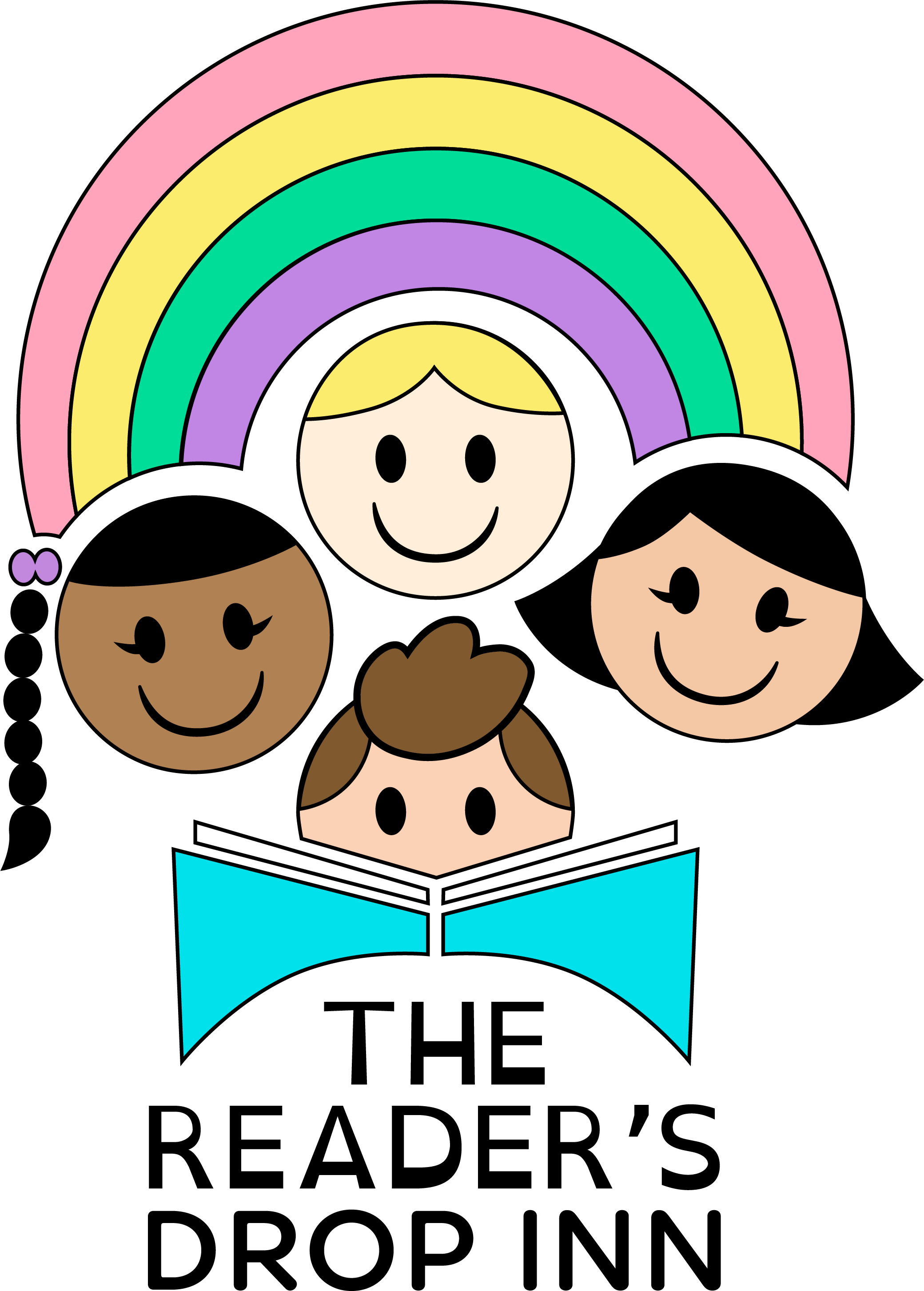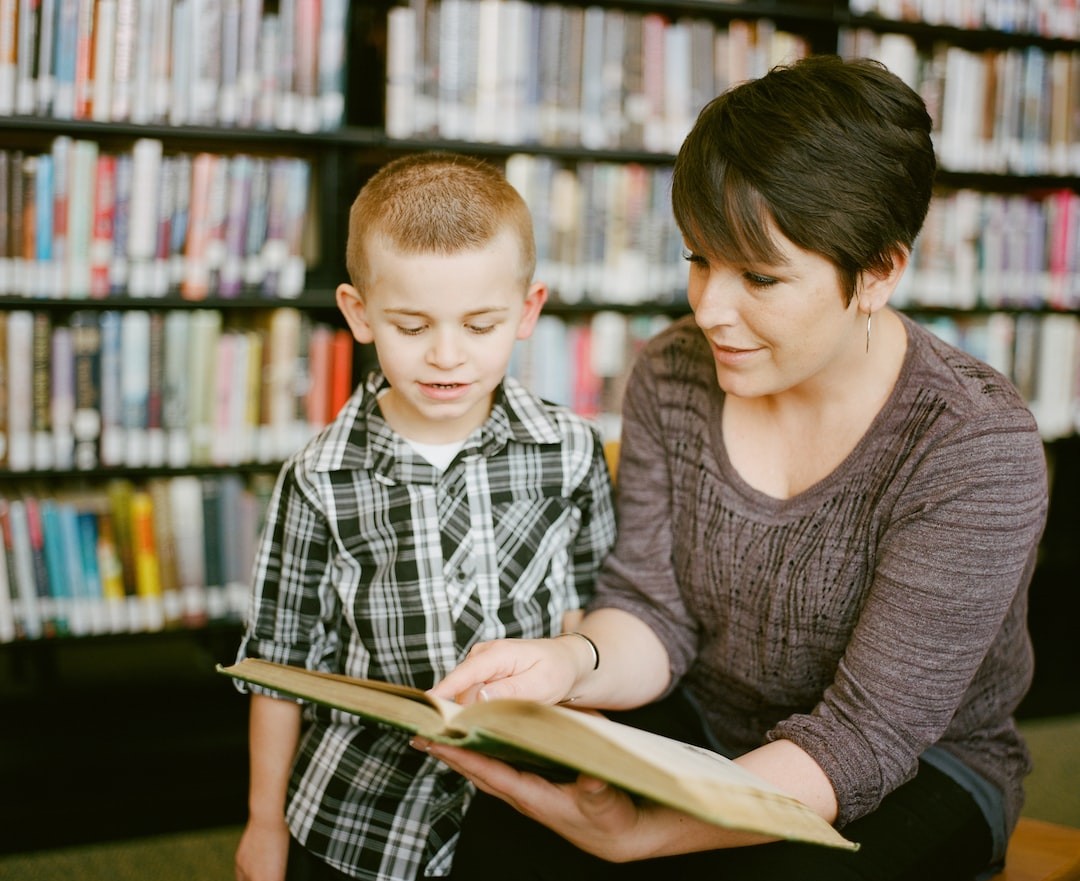I’ll be honest; I used to ask myself the same question. I want my son to love reading like I did as a kid, but he doesn’t. Now what?
I tried everything, did all the things everyone tells you to do. We visited the library weekly, led with his interests, made a cozy spot to read, read together almost every night, and had ALL the books at home. I remember getting so excited to buy him books, reading the reviews on blogs to find the perfect ones. But when they arrived? Nothing. Nada. I was excited to read them, but ultimately they sat collecting dust.
I’m embarrassed to say that a few years ago, I would have given you the same advice. The kind that’s not working. I thought reading and books were synonymous. But reading is so much more than books!
What if we had it wrong the whole time? What if the question wasn’t how can I get my child to love reading, but is my child learning HOW TO read? Because here’s the thing. Before they can love to read, they need to know HOW to do it. Love comes later. It’s a hard truth, and something I didn’t understand until late in the learning to read process. By sharing my experiences, I hope that yours can be different, easier.
I accidentally stumbled upon the science of reading, a decades long multidisiplinary scientific study on how the brain learns to read proficiently, on a friend’s Facebook profile one day about a year ago. She had posted a trailer to a documentary called The Truth About Reading. It wasn’t a new post, but I had been learning more about literacy, and I was curious.
That’s when I learned the dirty little secret. Many schools are not teaching kids HOW to read. And when YOU don’t know how to teach reading or remember how you learned to read, then what do you do?
Sure you could hire a tutor, but that could get costly. But who could say he’d stay engaged on screen? It was the pandemic, after all, everything was on Zoom, and remote learning was not going well. I sat through every class Zoom with my son to make sure he stayed and did the work.
You could trust that it would work itself out over time. But that’s the most dangerous solution of all because studies show early intervention is key. The more they struggle with reading, the longer it will take them to catch up and continue to struggle. The problem is most likely not going to solve itself.
But what if there was a way to find the answers for yourself, so that you could support your child’s reading at home no matter how they’re being taught? What if you could be their teacher, their mentor, their advocate? That is what I want for you, and that is what I set out to do. I have done the research, and I continue to do the research so that you can be that one person for your child. So they can become strong, confident readers.
They deserve that, and so do you. Welcome to The Reader’s Drop Inn. Drop in anytime for litearcy.


